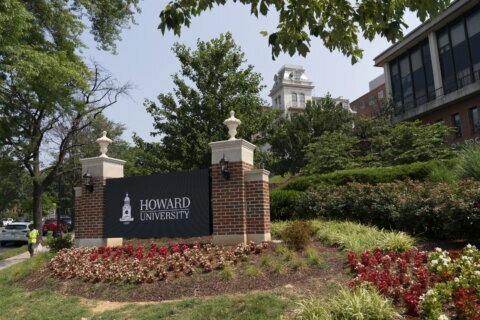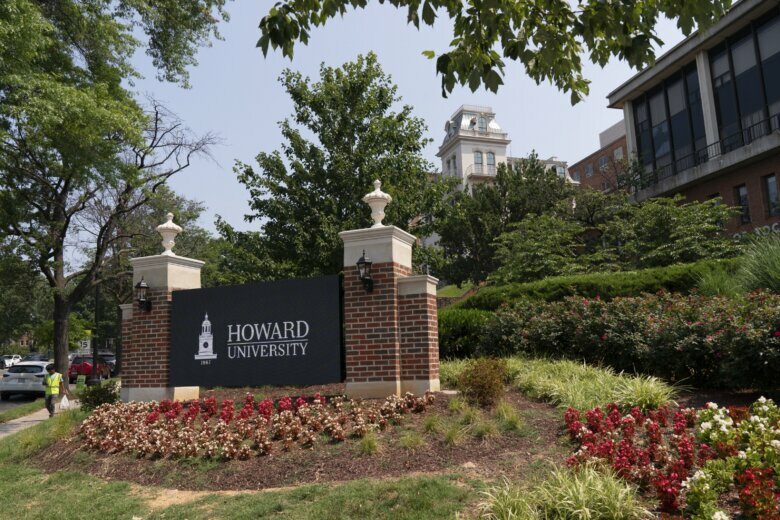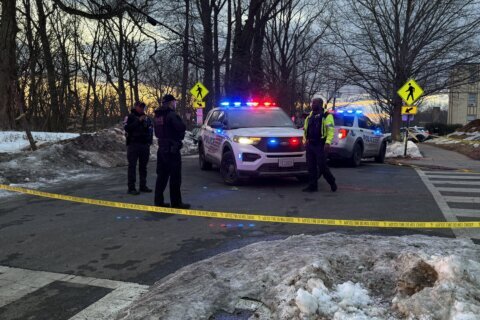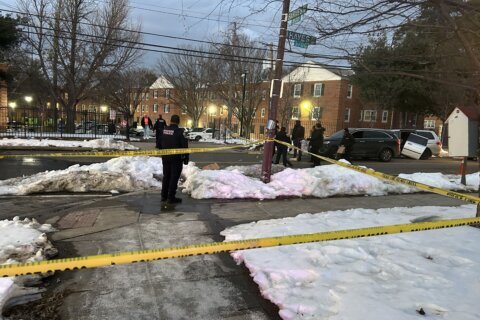
D.C.’s Howard University is working to address vaccine hesitancy through a new campaign focused on the descendants of the Tuskegee Experiment.
Between the 1930s and 1970s, hundreds of Black men were subjected to a U.S. study of untreated Syphilis, conducted in Tuskegee, Alabama.
“Our uncles and fathers and grandfathers were victims of that study,” said Omar Neal, nephew of one of the men in the study. Neal, who formerly served as Tuskegee mayor, has decided to speak out alongside other descendants as part of a public awareness effort.
Dr. Reed Tuckson, who cofounded the Black Coalition Against COVID-19 and is a Howard trustee, joined the campaign started by AdCouncil, COVID Collaborative and Joy Collective. Howard University hosted a panel discussion and screening of the new short documentary titled “Tuskegee Legacy Stories.”
The film tells the stories of descendants, how their families have been impacted by the Tuskegee Study and how their experience differs from the COVID-19 vaccine.
“We’re going to need to have combination punches thrown at the health challenges that have so historically bedeviled the Black community,” Tuckson said.
Neal was among those in the film, which also addresses the difference in the study that impacted so many families, and the current health crisis.
“It was the denial of treatment that was the egregious activity of that study,” said Neal. “If we have to tell our story over and over again, we’re willing to do that if you can find some reason to take care of yourselves.”
Tuckson said that now, as they work to share the past, the focus is also on the future.
“We hope that this will at least begin the process of a conversation within the Black community that will take away this kind of negative and turn it into something that will be positive and proactive,” Tuckson said.









